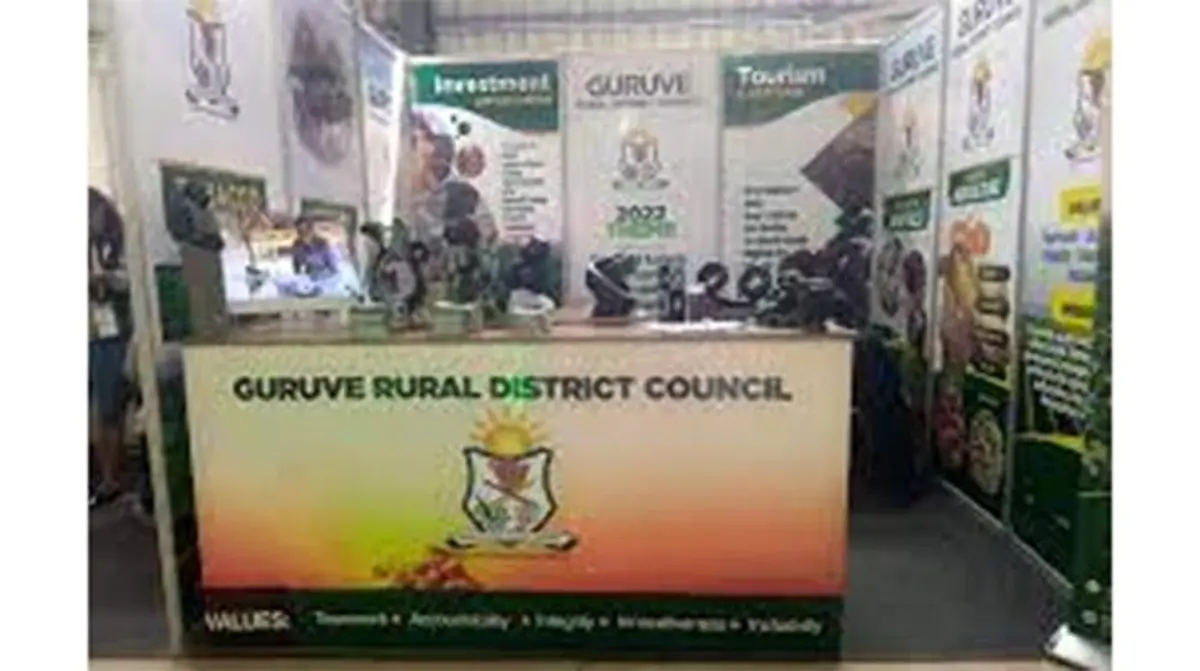
PEOPLE’S Democratic Party leader Tendai Biti yesterday said he is approaching the courts to order the Zimbabwe Electoral Commission (Zec) to stop demanding affidavits as proof of residence from potential voters in urban areas as the practice was disenfranchising thousands of potential voters.
BY PAIDAMOYO MUZULU
Biti made the comments in the wake of slightly above 3 000 people having registered as voters in Bulawayo, a week after Zec started a biometric voter registration blitz.
“The use of affidavits is completely unnecessary and should be removed. Voters should only be asked to fill in a declaration which does not need the services of a commissioner of oaths. I will be filing the application early next week,” Biti said.
The requirement has largely affected voters in urban areas as in rural communities potential voters need only carry a paper signed by a village head or councillor proving their residence.
Biti added: “A voter under the system can only choose one polling station where they want to vote at. The computer should be able to weed out any multiple registrations, thus the affidavit is completely useless.”
Veritas, a lawyer grouping with interests in parliamentary and legislative issues, also shares the same concern and is lobbying the government to change the electoral regulations on voter registration.
“Veritas urges that the regulations be amended immediately to remove the requirement for residence affidavits. Regulations can be prepared and gazetted as law within a day in urgent cases,” it said.
- Chamisa under fire over US$120K donation
- Mavhunga puts DeMbare into Chibuku quarterfinals
- Pension funds bet on Cabora Bassa oilfields
- Councils defy govt fire tender directive
Keep Reading
The organisation feels that this matter that requires urgent attention. “Amending the regulations is essential if the government is to fulfil its constitutional mandate under section 155(2)(a) of the Constitution, of ensuring that all eligible citizens are registered as voters. All the regulations need to do is to require applicants for registration to state where they live in the application form [officially called a “claim form”] that every applicant must complete,” it added.
Veritas believes there were enough safeguards against people who falsify information on their addresses as they can be charged under section 37(2) of the Electoral Act with making a false statement of fact in an application for registration and liable to a maximum of two years’ imprisonment if convicted.











